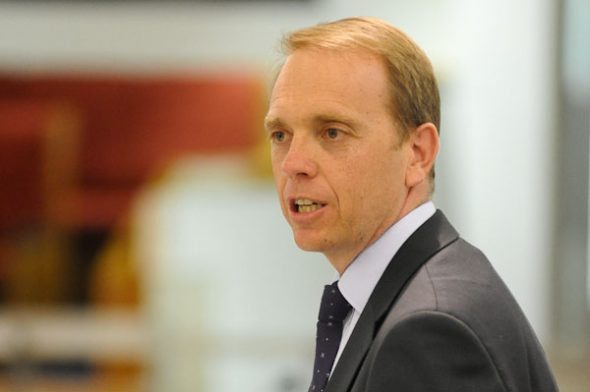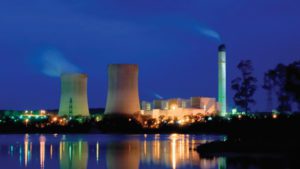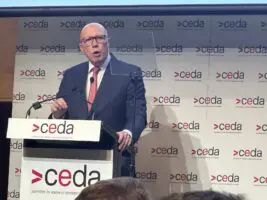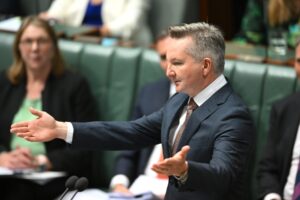The chief architect of some of Australia’s most successful renewable energy policies, Simon Corbell, has dismissed the federal government’s proposed National Energy Guarantee as “neither transparent, nor ambitious,” and says it will fail to meet Australia’s Paris climate obligations.
Corbell, who as environment minister for the Australian Capital Territory led its nation-leading transition to renewables, is currently the independent renewable energy advocate for the Victorian Labor government.
As we have noted, Corbell’s 100 per cent by 2020 renewable target has, by far and away, led the clean energy transition in Australia, paving the way for states like South Australia and Victoria to follow suit.
In his role consulting with the Andrews government, Victoria has become the first Australian state to legislate its renewable energy target – 45 per cent by 2025 – and has encouraged large-scale renewables and energy storage reverse auctions of the type that were spear-headed by the ACT.
Speaking at the opening of the Clean Energy Council’s 2018 Wind Industry Forum in Melbourne on Wednesday, Corbell said the role of state and federal policy remained crucial to the ongoing shift to renewables in Australia.
But with the Turnbull government’s proposed National Energy Guarantee as the central pillar of current public policy debate, things were not looking good.
“In my view, as the ‘independent’ renewable energy advocate (for Victoria) – not the view of the state government – this proposal is neither transparent, nor ambitious,” Corbell told the forum.
“It does not underpin, or send the signals that are needed for long-term renewable energy development in Australia.
“It fails to address the need to establish a clear pathway to achieve the complete decarbonisation of the Australian electricity supply sector by mid-Century.
“And that is the objective that is required, if we are to meet our obligations under the Paris agreement.”
Corbell said what Australia needed was a suite of measures that would underpin renewable energy development, set strong targets for its increased penetration into the electricity supply sector, and create new and transparent markets for new technologies such as storage.











